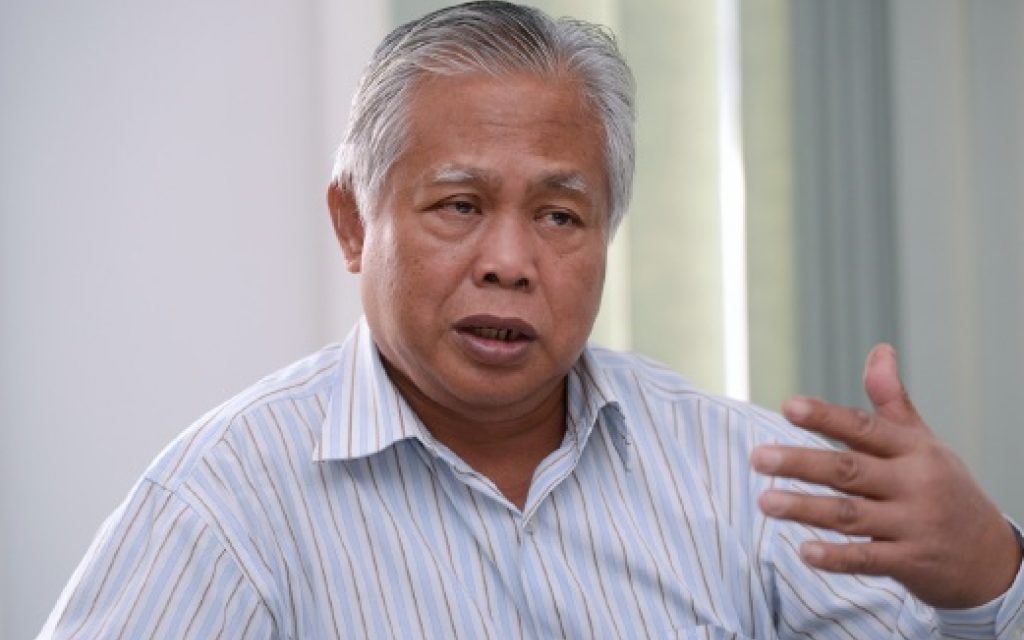PETALING JAYA: The government’s latest policy to abolish the services of outsourcing companies in recruiting and managing foreign workers will ensure better welfare of this group, say employers.
Outsourcing outfits provide labourers to their clients’ companies on a temporary basis, and these workers are technically employees of the labour contractors and not the clients.
Malaysian Employers Federation executive director Datuk Shamsuddin Bardan said doing away with labour contractors’ services would mean better treatment of foreign workers, who usually received low payment from these middlemen.
“These outsourcing companies need to maintain their margin.
The firms have been given until this Friday to repatriate their foreign workers who are still under outsourcing services and not successfully absorbed by other employers.
The task of supplying foreign labour, which was outsourced by the Home Ministry to more than 100 of these companies, will soon be taken over by the Human Resources Ministry, eliminating the need for middlemen or labour brokers.
Over 26,000 foreign workers are involved in the outsourcing system.
Foreign workers with work permits under outsourcing employers who are not involved in the process of changing of employers will be terminated through the system.
Their status will be changed to illegal foreign workers if they remain in Malaysia after the March 31 deadline.
The Home Ministry has also advised outsourcing employers to comply with the directive and to repatriate their foreign workers within the stipulated period to avoid prosecution under the Immigration Act 1959/1963 and the Private Employment Agency Act (Amended) 2017, said Shamsuddin.
Last October, Home Minister Tan Sri Muhyiddin Yassin also said the outsourcing companies were given time to relocate their employees to selected employers.
Malaysian Cleansing Services Sdn Bhd executive director Ravin Karunanidhi said the new policy meant employers would no longer have to pay outsourcing companies exorbitant amounts to get workers and foreign workers would also face less risk of exploitation.
“We are now able to pay workers improved packages,” he said.
Ravin added that while he supported the move, there were companies reliant on these middlemen.
“The government should have given employers adequate time to do away with outsourced workers,” he said.
Bina Puri Holdings Bhd group executive director Datuk Matthew Tee said there was both good and bad in doing away with middlemen.
“Outsourcing companies charge for their services by providing a very high rate with no chance for negotiations if they know that you need them (foreign workers) urgently,” said Tee.
The negative aspect is that it would badly affect small contractors of G7 grade and below, added Tee.
(G7 licence is approved by the Construction Industry Development Board, which permits the company to undertake civil engineering and building construction projects for an unlimited contract value.)








